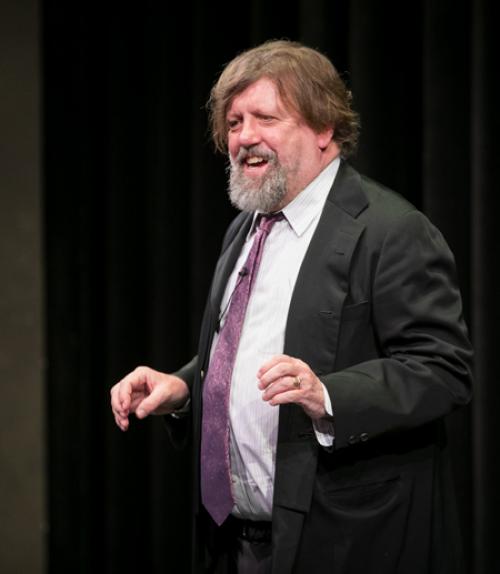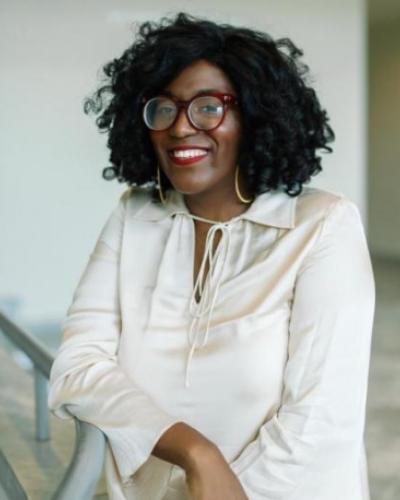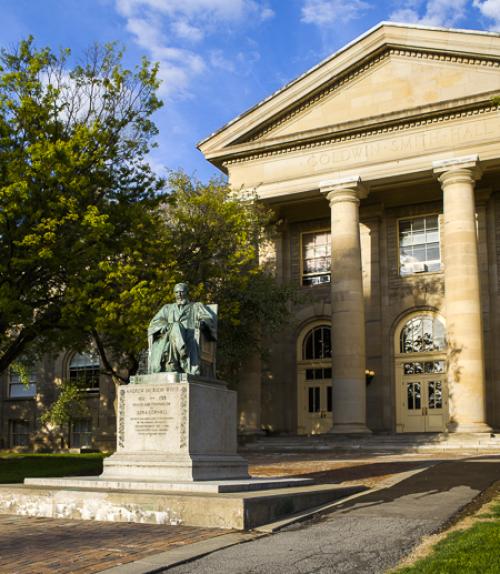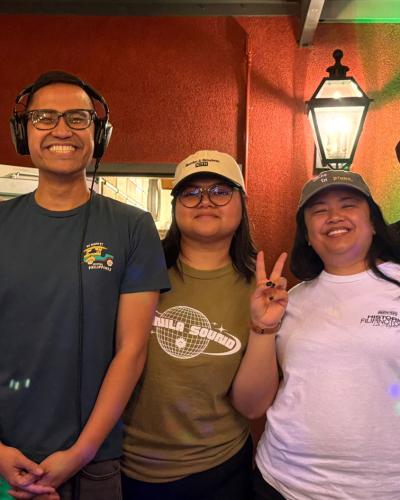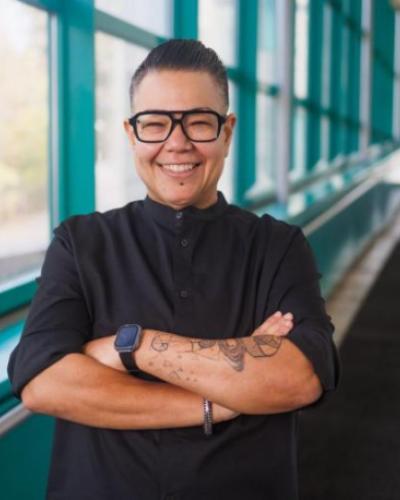 Department Homepage
The College of Arts & Sciences
Department Homepage
The College of Arts & Sciences
NYC’s Public Theater director: “Use theater to cross boundaries”
Oskar Eustis believes that theatre can help people learn what it’s like to be a true citizen in a democracy – not what our country is experiencing right now, but in a true democracy — where people have conflicts, try to understand each other, compromise, empathize and come up with solutions.
